Semco and Rambøll question effect of higher oil price

Oil prices are always going up and down, and the same thing applies to the industry dependent on those commodities.
Things have been fundamentally different ever since the oil price crunch in 2014, tells Rambøll Energy Division CEO John Sørensen. He names the increasing focus on expenses as one the industry's main themes, even tough oil prices have shown upward momentum for some time.
"There aren't many indications that the industry is passively standing by – a critique of the industry that would be well founded if the sector was acting as it did in the period after the financial crisis and up to 2014. I believe that mentality is here to stay," says Sørensen to EnergyWatch's sister media, ShippingWatch.
He refers to actors such as Ineos that became a part of the Danish market in 2017 upon purchasing oil assets from Dong Energy, since renamed Ørsted.
"Ineos has trimmed its business with cutbacks and downsizing. All players in the industry are aware that Ineos' activity level has practically flatlined, and that ends up affecting the whole sector. That's why these times are still hard," says Sørensen.
French oil major Total also purchased a larger stake in the Danish market in early 2018 when it acquired Maersk Oil. Most recently, Norwegian oil company Noreco purchased Shell's shares of the Danish Underground Consortium.
"All these changes raise questions concerning ownership structure and which party will conduct investments," says Sørensen and adds that activity levels in Denmark lag behind the slight growth Rambøll experiences on the global market.
"I actually believe that all these changes to operatorship play a part," he says.
He thus hopes for more stability in Denmark.
"Clearly, the price of oil is also a crucial factor and now affords considerations of new investments," he says.
The price of Brent has been squeezed since 2014 but has generally been rising throughout 2018. More recently, however, the price of Brent has been declining and currently trades for USD 75.9 per barrel.
Not more activity
Nor has Semco Maritime CEO Steen Brødbæk witnessed more activity in connection with the higher price of oil and, according to him, there are no indications of that changing any time soon.
"We made a decision back in 2015 already to not allow ourselves to be guided by the price of oil. We instead review the projects our customers allocate. So we are eager to see what will happen over the coming months, as we know our customers will open their budgets and decide upon projects for 2019," Brødbæk tells ShippingWatch.
On the other hand, he highlights the Norwegian market in which Semco is working on upgrading drilling rigs.

"The rigs will be reentering operation, and that means oil exploration is happening. We can also see in Norway that a number of the large projects are nearing completion and will soon enter operation, and we have a many personnel working on those projects;" says Brødbæk adding that some growth is occurring in Asia as well as in the company's UK market.
The Semco CEO also names the replacement of operators in Danish North Sea assets as a partial cause of low domestic activity. He thus looks forward to the industry once again finding its foothold within the new setup.
However, he does emphasize positive effects from these replacements, in that cooperation among new players in the Danish North Sea has led to cooperation agreements in projects around the world, which has produced, among other things, new agreements with Total.
Different agenda
Changing times mean the industry has to adapt to a new reality, but that may be healthy, Sørensen thinks.
"The industry is finding a new balance, but of course that means one can't do what one has always done. It will not be possible to handle the same amount of sudden upturn, if it comes, but that's how it is. It's not something that can be changed. And the entire industry will find other ways of doing it, especially in the green part, where one can balance one's business a little more between green and black energy, so to speak. And that's also in high demand," he says.
Thus, he is still confident – only slightly less than previously, as he describes it.
"We will never get back to where we were. I seriously don't think so. The world is different, because the world has a fossil challenge, which means the agenda has changed. But there may be something new impacting us, creating activities," he says.
Rambøll is especially focusing on LNG globally, as there is a growing interest in this area. Furthermore, he welcomes CCS, which is the storage of CO2 in the underground.
"Big systems of that type, which are now being tested in Norway, will also create lots of activity in the industry, if the states choose to invest in it," he says.
English Edit: Daniel Frank Christensen & Ida Jacobsen
Eni showered with gold, gets near-junk rating
Total raises earnings by almost 50 percent
Oil companies will pump more than USD 43.1 billion into the North Sea
Related articles
Eni showered with gold, gets near-junk rating
For subscribers
Total raises earnings by almost 50 percent
For subscribers

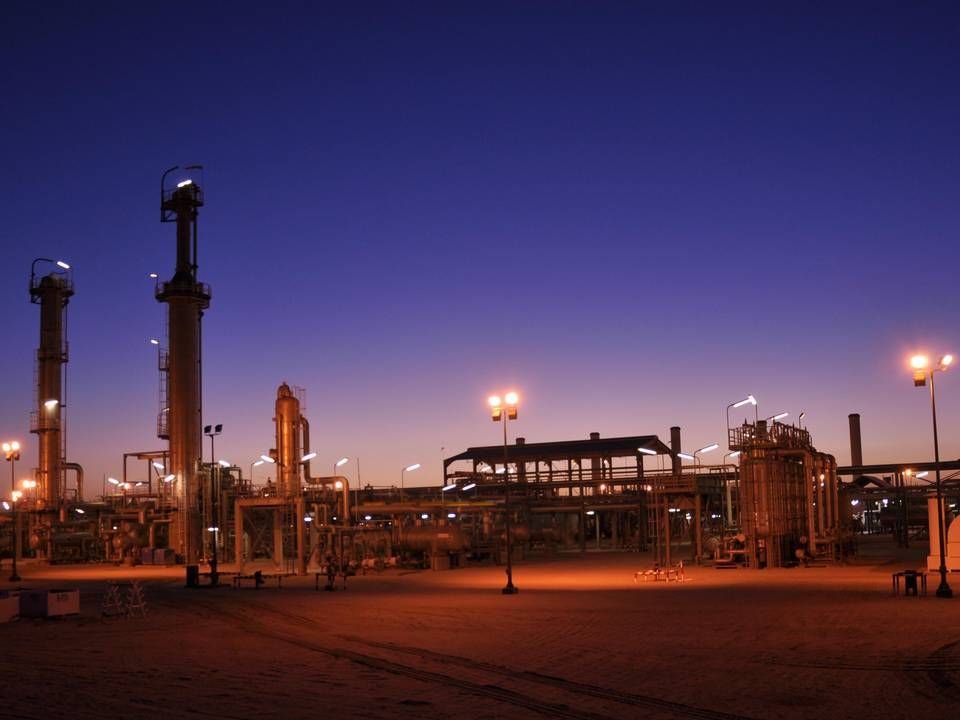
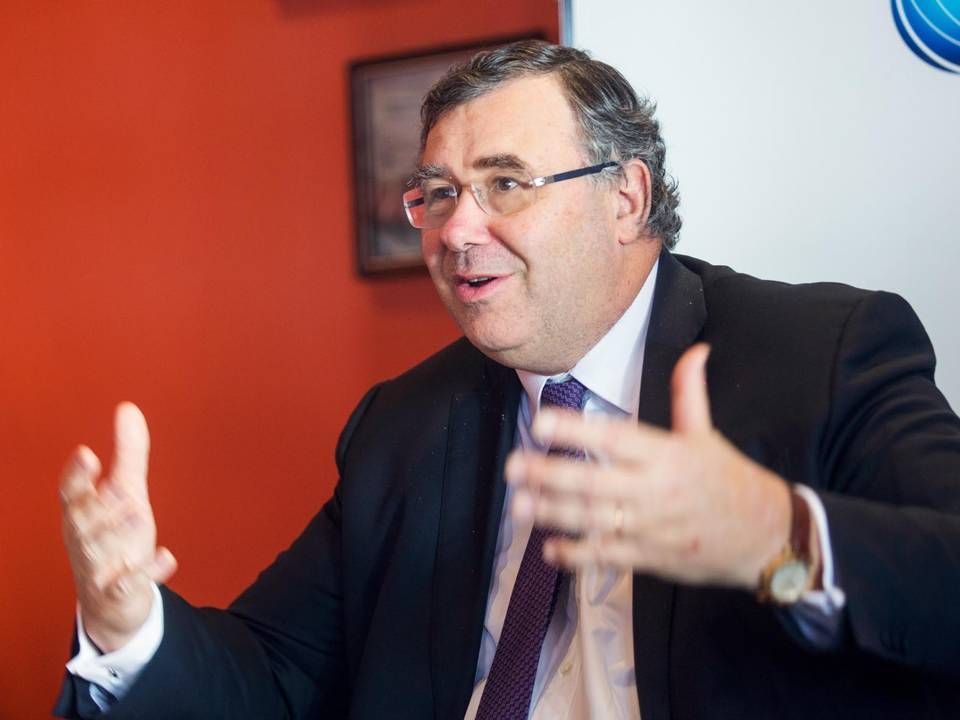
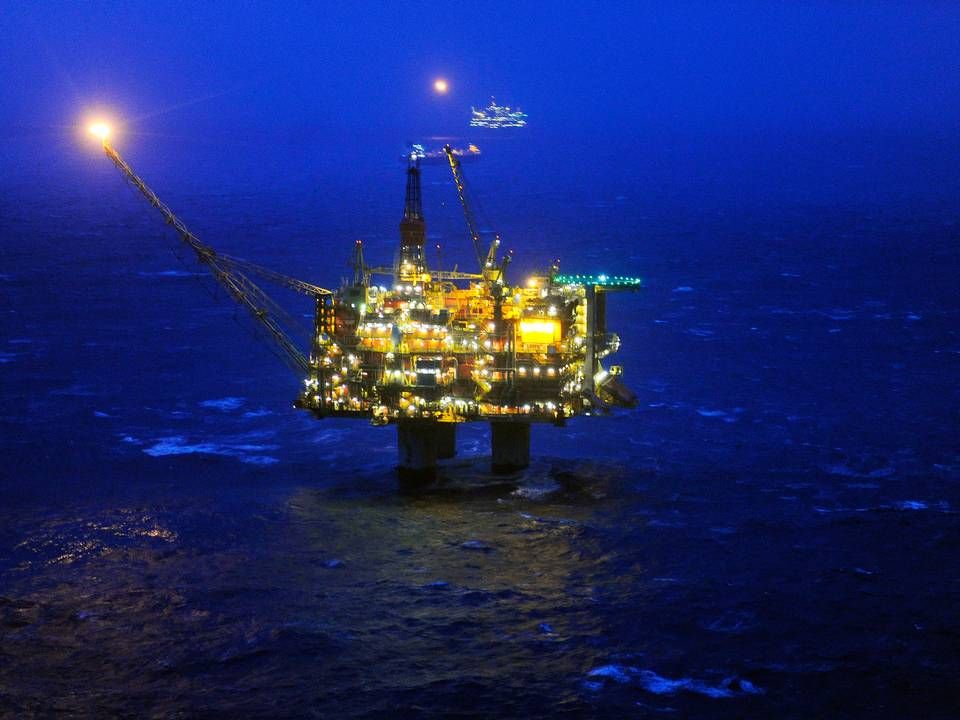

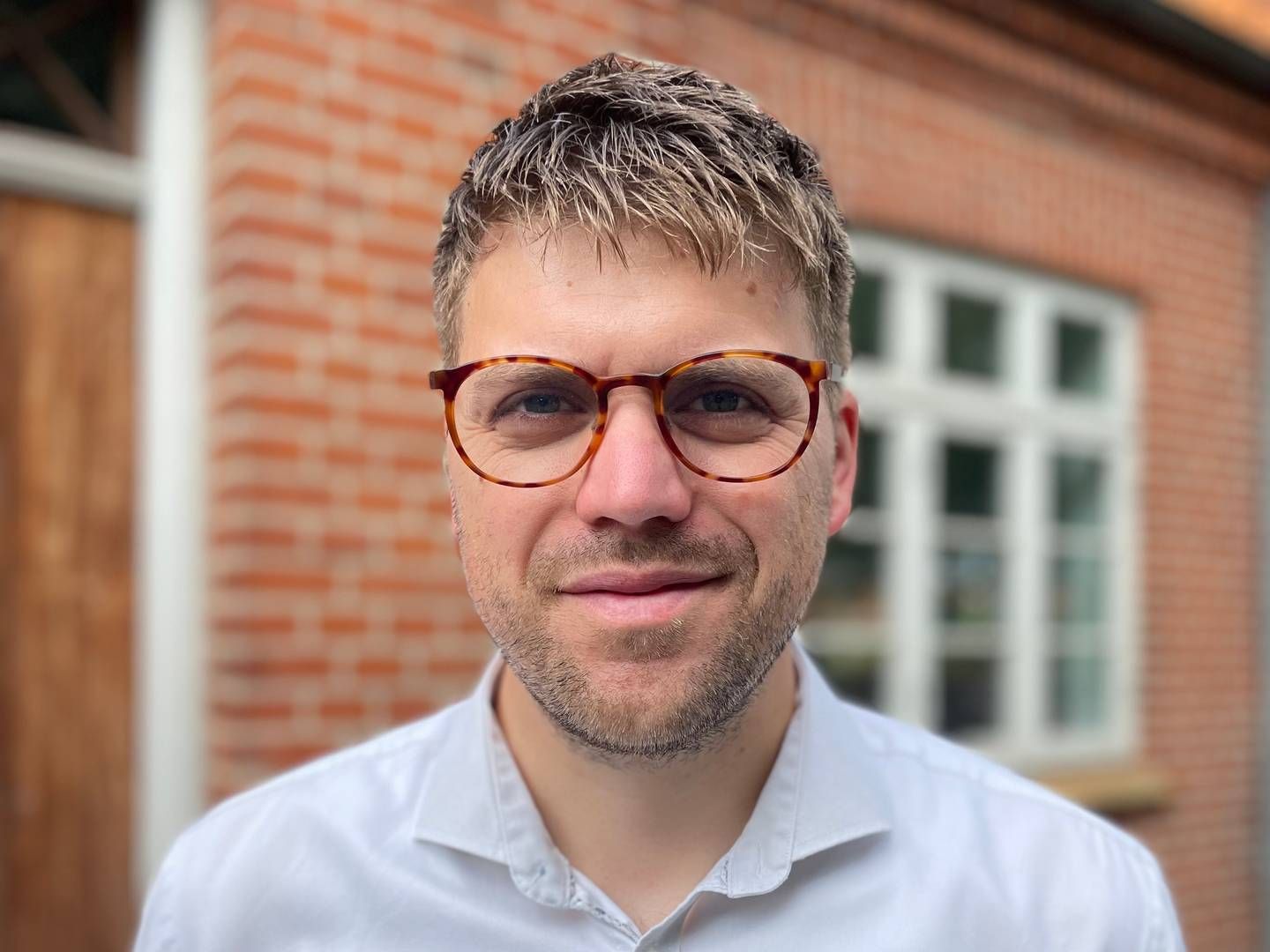
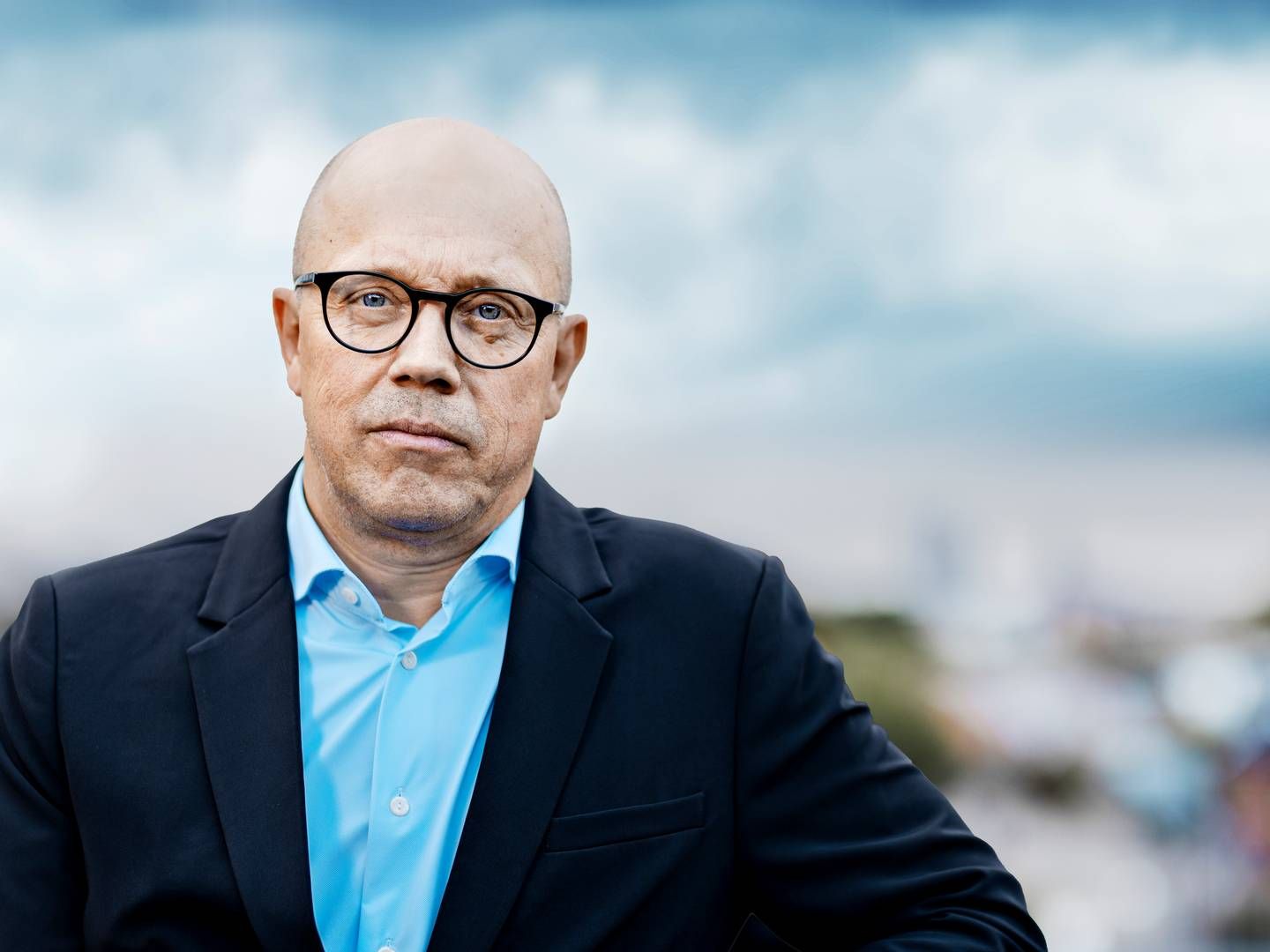



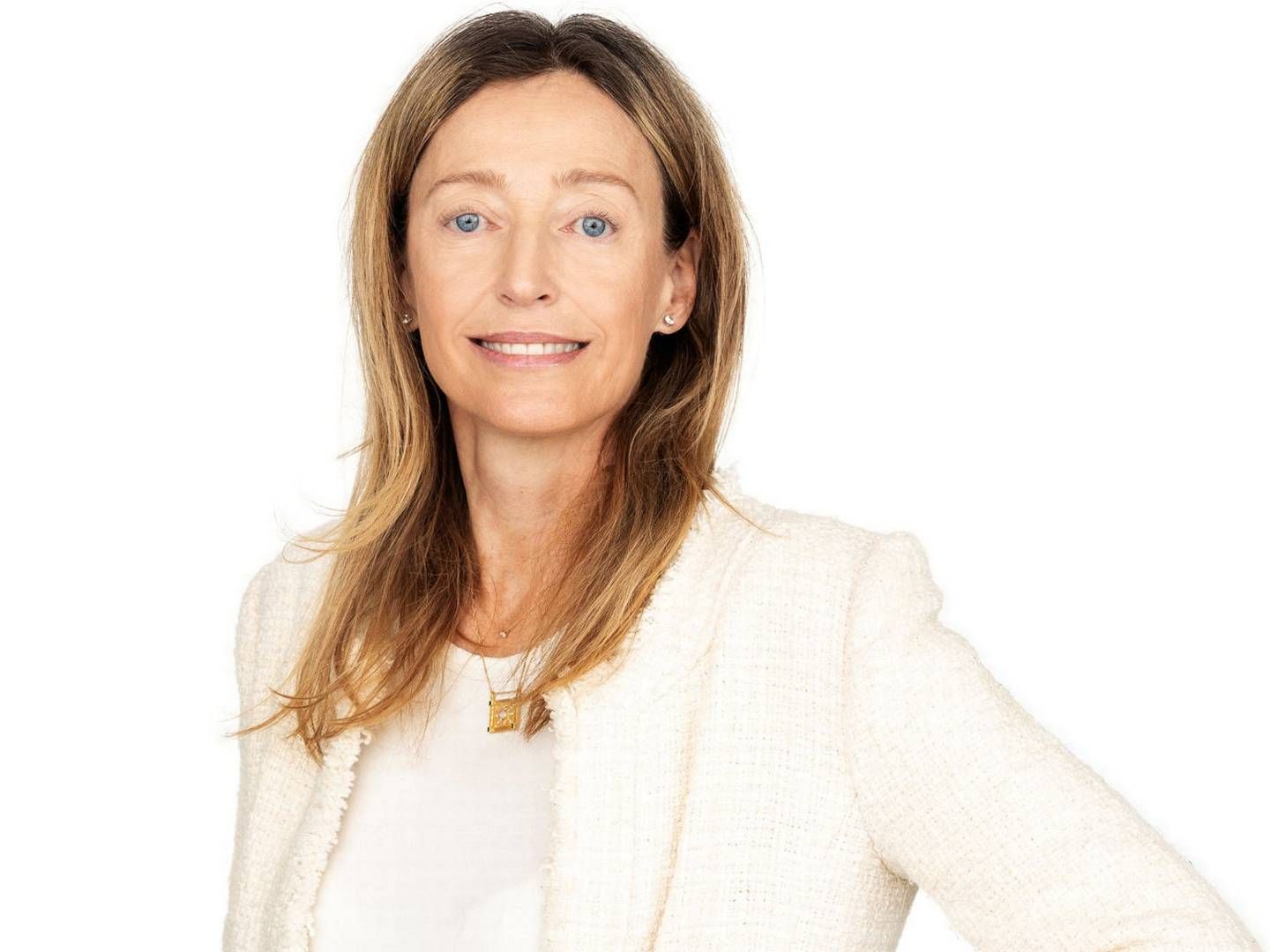

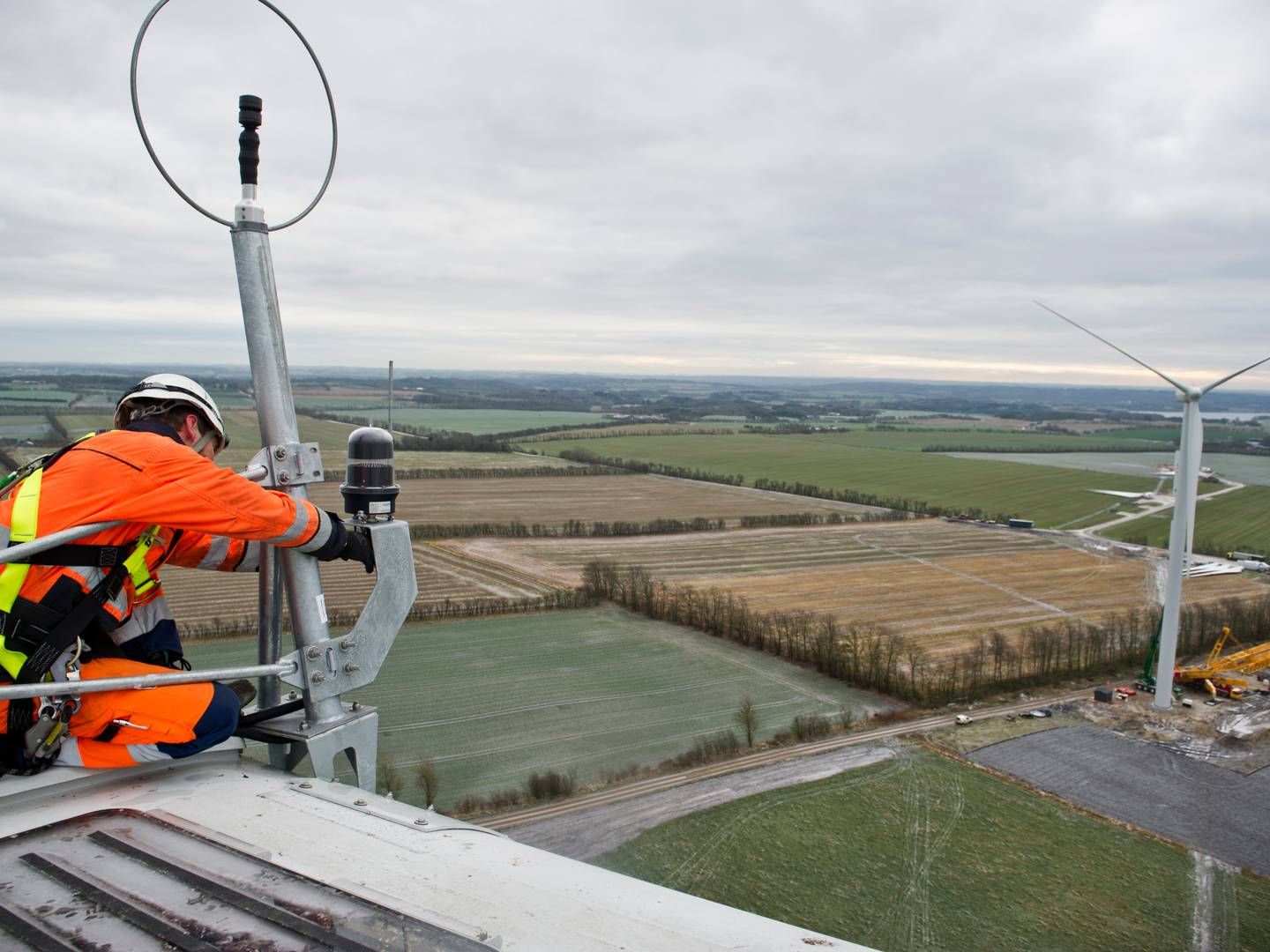
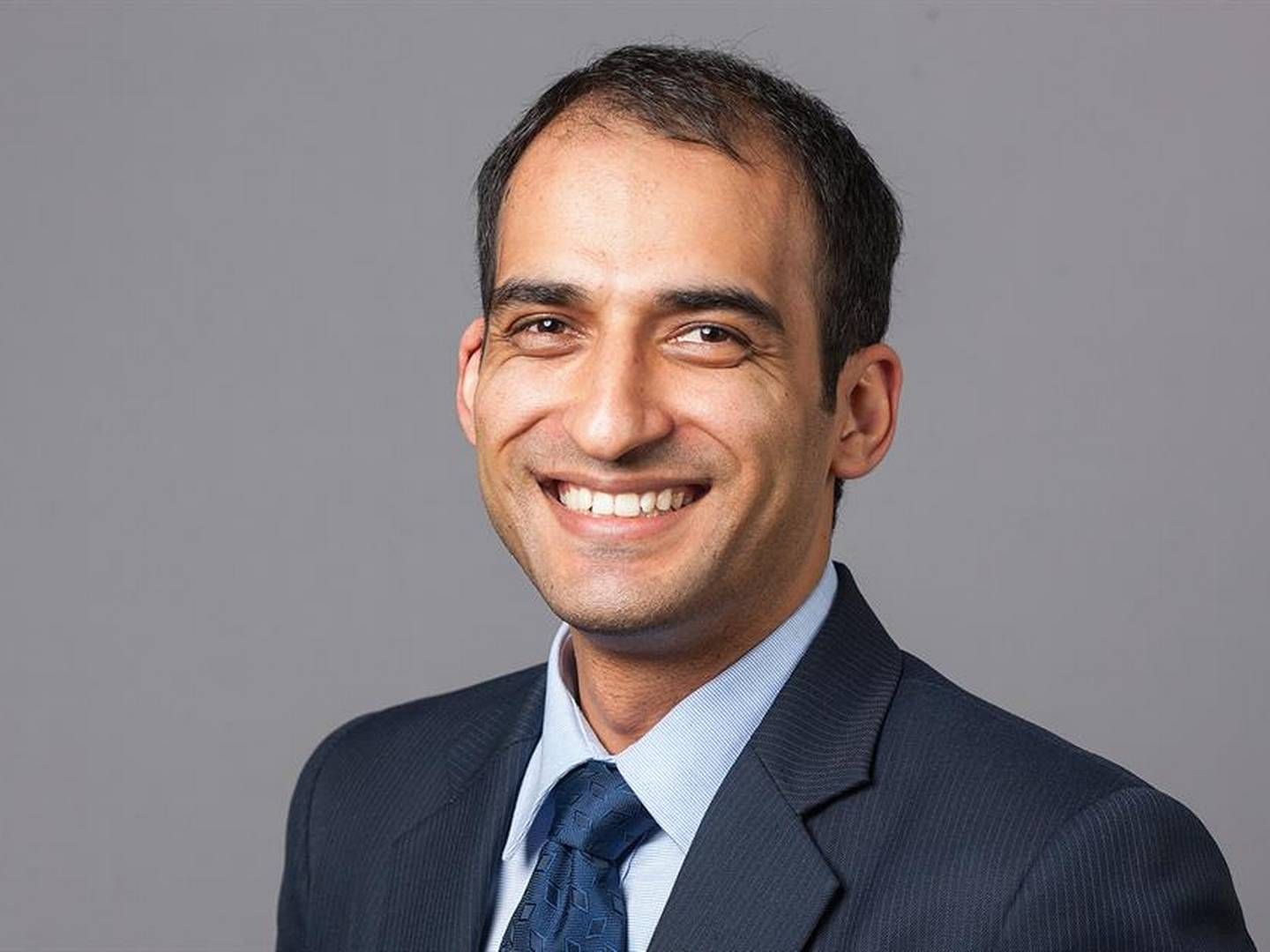


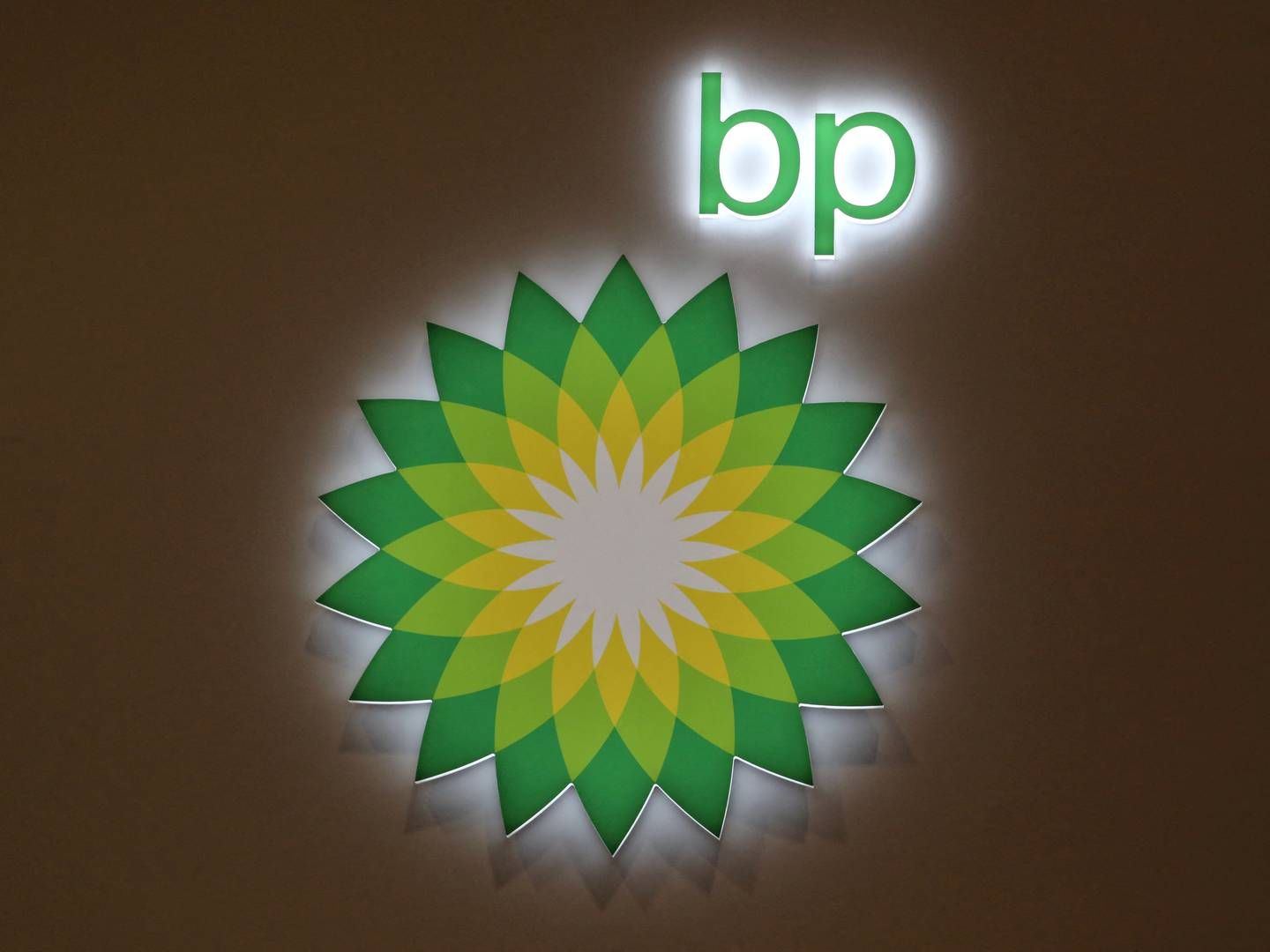
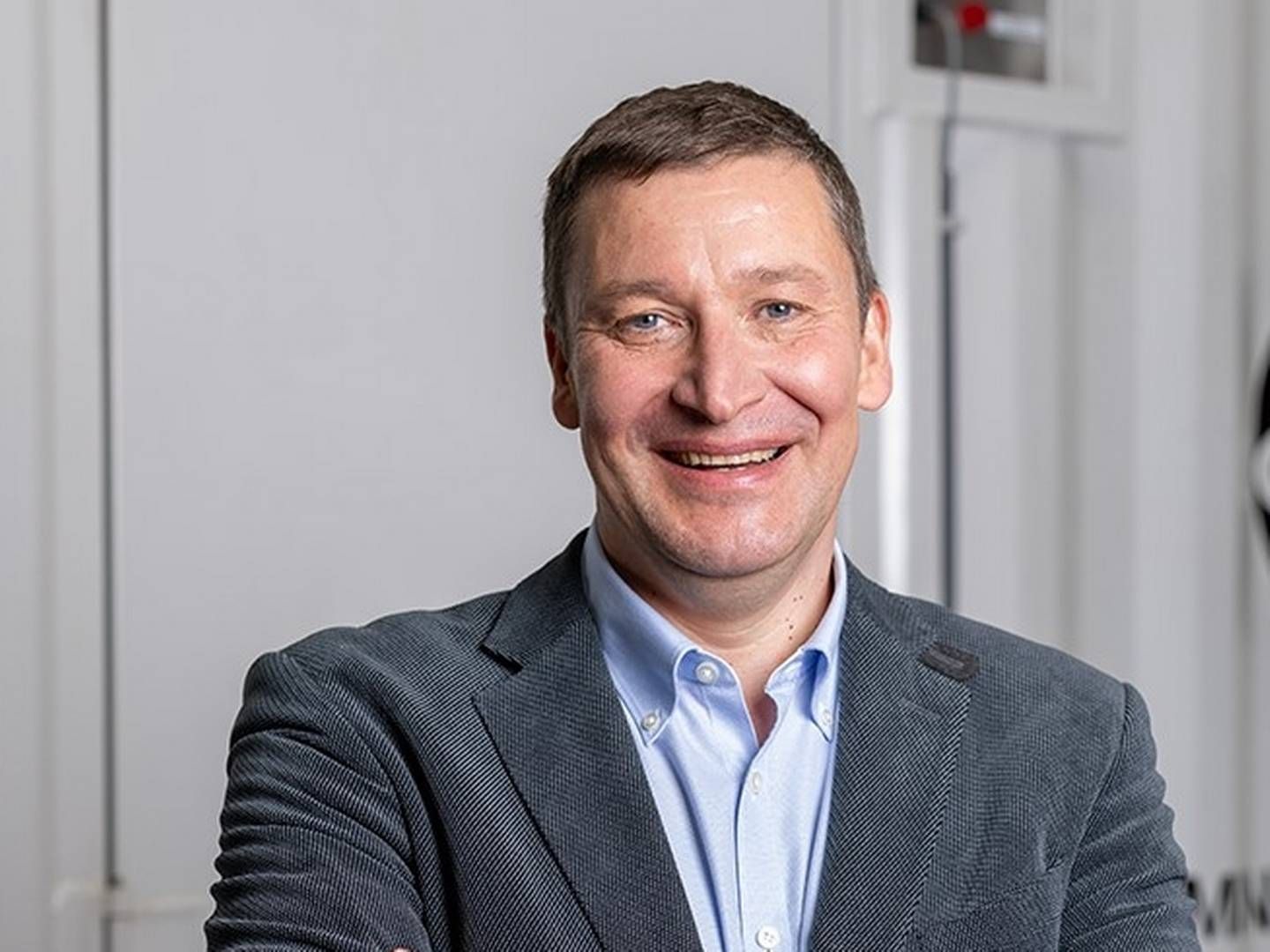





.jpg&w=384&q=75)

